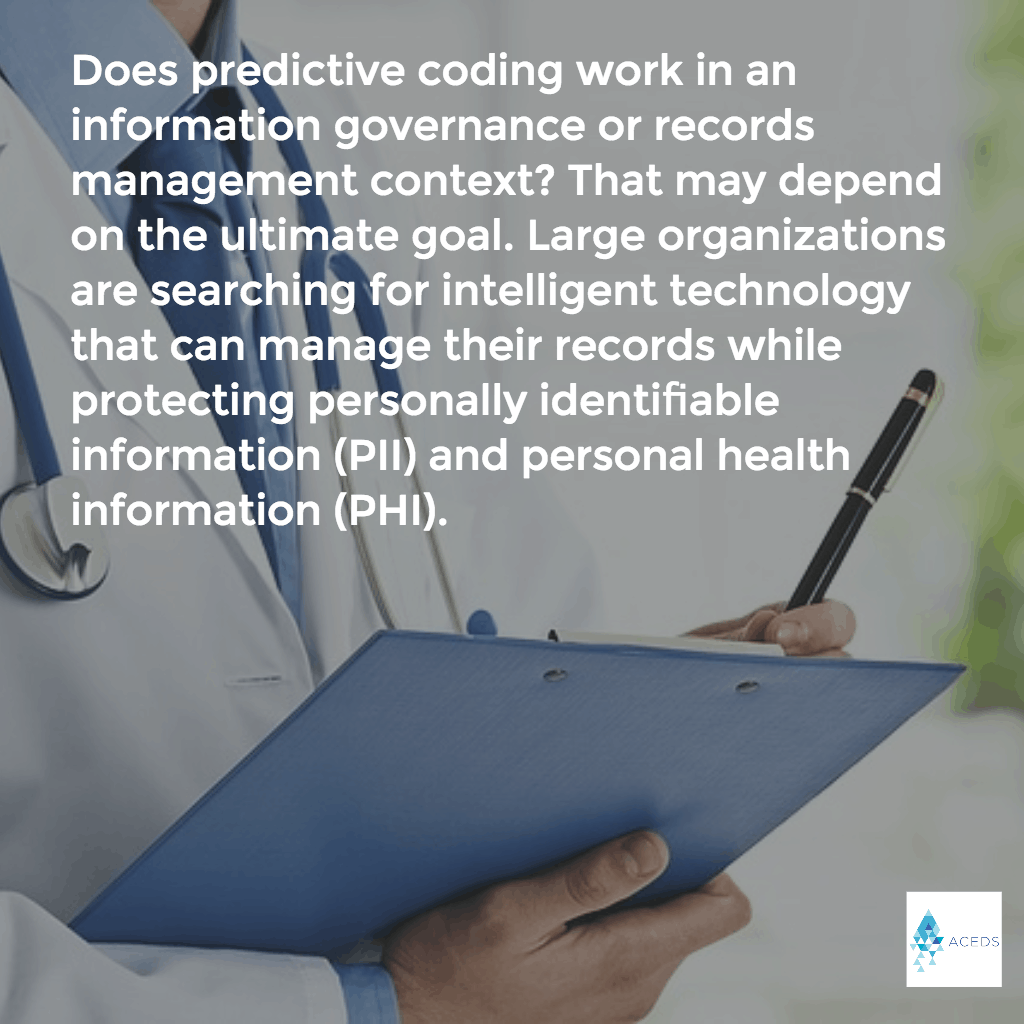ARCHIVED CONTENT
You are viewing ARCHIVED CONTENT released online between 1 April 2010 and 24 August 2018 or content that has been selectively archived and is no longer active. Content in this archive is NOT UPDATED, and links may not function.Extract from article by Jason Krause published by ACEDS
E-discovery has been described as sipping from a firehose. But rather than try to find a better way to drink from the nozzle, some lawyers are suggesting it’s time to turn off the flow of water at the source.
The problem is that the volumes of digital evidence available for discovery are so incredible that the legal profession continues to struggle with the question of how to review it all when litigation hits. But what if an organization could limit all of that available data before a lawsuit is even on the horizon?
That dream has been gaining popularity, judging by the number of times it was suggested at the recent LegalTech conference in New York City. In particular, attorneys and records managers are promoting predictive coding technology as a way to find and eliminate unnecessary documents from corporate storage systems rather than wait for litigation to force them to review it all.
The new goal is to use the technology to search for records that are not needed or that an organization is under no legal obligation to keep important files and eliminate the unnecessary ones. Important documents can be retained for review later. However, it is not clear that predictive coding is in fact the right tool for the job.
Read the complete article at Is Predictive Coding Really a Records Management Tool?






















